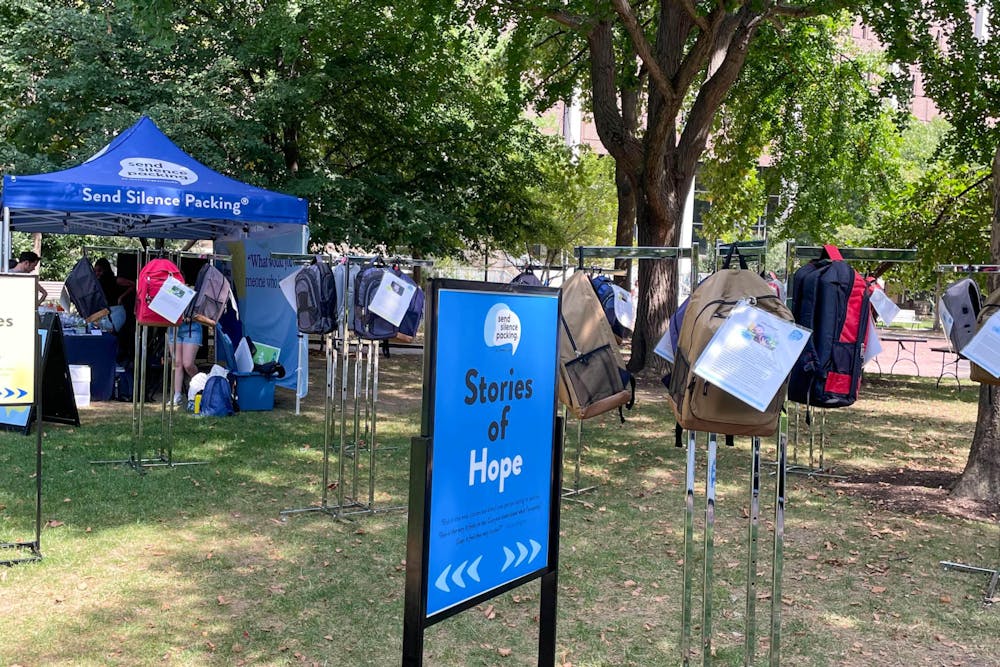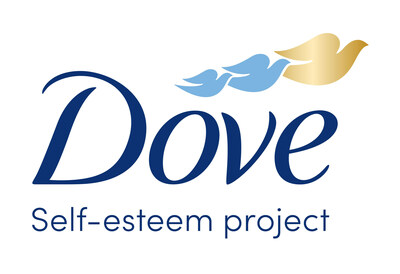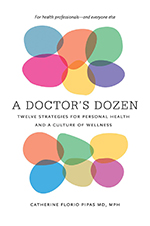
5 wellness resources for doctors
Clinicians have long shouldered both the privilege and burden that comes with being responsible for the health of their patients. But in recent years, a pandemic, staff shortages, and the increased polarization of science have created new levels of stress.
In fact, the percentage of physicians reporting that they feel burnt out jumped from 38% in 2020 to 63% in 2021. That number may be settling back down again as the pandemic wanes and health systems have been consciously working to reduce workload stress in hospitals, says Jonathan Ripp, MD, MPH, a professor of medicine and chief wellness officer at Icahn School of Medicine at Mount Sinai in New York.
“The problem remains significant [but …] there’s reason for optimism,” Ripp says. “There’s a growing body of literature around efforts that can be impactful.”
While physician burnout is a large-scale challenge that must be addressed at a system level, and many leaders in the field are attempting to create institutional change, there are resources and evidence-based steps individuals can take to better care for their own well-being. Ripp says institutions must focus on doing what they can to improve workflow efficiency to reduce burnout at the system level, but they can also help their students and staff by ensuring that they know what resources are available to them.
“We don’t want to be telling them they have to get themselves well,” he says. “We do still offer these individual resources because we know that they’re effective while we concurrently tackle the large system challenges.”
Mount Sinai and other institutions organize unit- or department-level wellbeing-centered improvement programs while offering access to individual-level services such as professional mental health care, personal and professional coaching, and a range of other supportive resources. Ripp encourages leaders and faculty at medical schools and academic health centers to familiarize themselves with the resources offered at their institutions so they can direct their staff and colleagues to the appropriate services.
Short of these professional services, AAMCNews compiled the following list of resources that can help doctors and medical students take a small step on their journey to improve their wellness.
1. A Doctor’s Dozen: Twelve Strategies for Personal Health and a Culture of Wellness
This book, published in 2018, offers practical applications for improving wellness. It was written by Catherine Florio Pipas, MD, MPH, a professor of community and family medicine at the Geisel School of Medicine at Dartmouth in New Hampshire, chief wellness officer of CaseNetwork, a medical education organization, and a representative to the AAMC Council of Faculty and Academic Societies who sits on its administrative board. Pipas employs specific patient stories to illustrate her 12 lessons and links them to research-backed action items to build a framework for a healthy life.
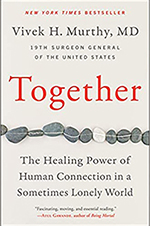
2. Together: The Healing Power of Human Connection in a Sometimes Lonely World
Written by Vivek Murthy, MD, the 19th surgeon general of the United States, this book shares Murthy’s own experiences and observations about the toll that disconnection and loneliness are taking on the health of our society. He makes the case that loneliness is a public health concern because of its influence on a variety of epidemics, including substance use disorders, anxiety, and depression. Murthy goes beyond diagnosing the problem and proposes solutions to help people and society become more connected.
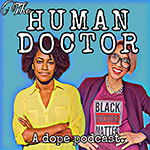
3. “The Human Doctor” podcast
Two academic internists, Kimberly Manning, MD, from Emory University School of Medicine, and Ashley McMullen, MD, from the University of California, San Francisco, School of Medicine, team up to converse and share stories that illustrate the human side of medicine. There are currently 75 episodes available for streaming.
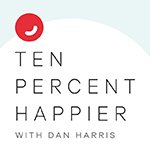
4. “Ten Percent Happier” podcast
Though not specific to people in medicine, this podcast examines different strategies for improving mental health through interviews with various experts, scientists, and celebrities. It is hosted by Dan Harris, a journalist who discovered the therapeutic value of meditation after having a panic attack on live television. The podcast releases new episodes for free every Monday, Wednesday, and Friday.

5. Headspace app
Headspace is an app designed to make mindfulness and meditation a daily practice. Research conducted by Headspace showed that medical professionals reported a reduction in burnout symptoms after four meditation or mindfulness sessions and lower overall stress after using the app for 30 days. Members of the American Medical Association are eligible for a free subscription to the service.
To view the AAMC’s collection of resources to support well-being and resiliency in academic medicine, visit www.aamc.org/news/wellbeing.
